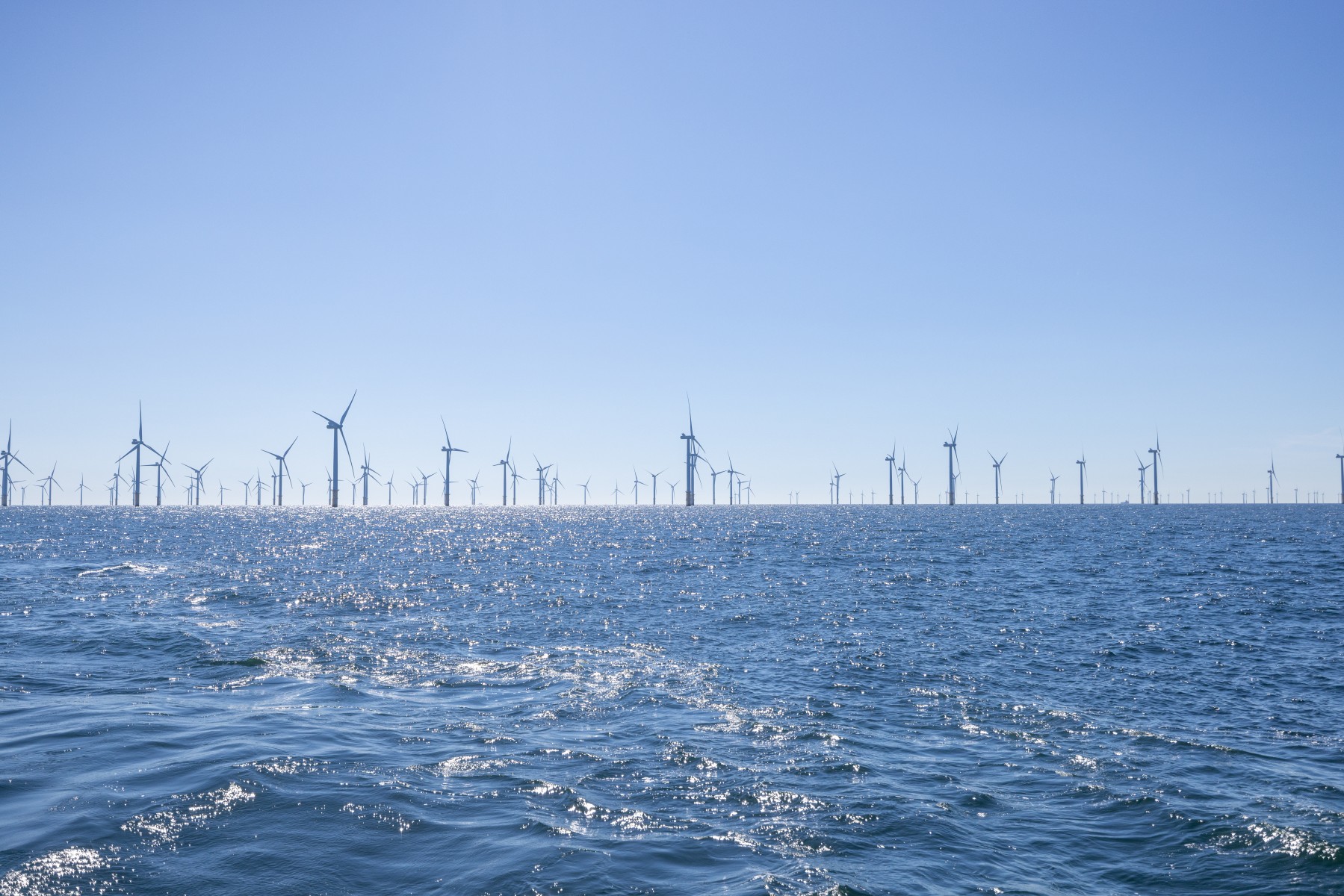The Netherlands – The offshore wind turbines of the Borssele III and IV wind farms, as well as other wind farms in the Netherlands, were shut down for four hours on May 13, 2023, in a ground-breaking effort to protect bird migration.
This policy, implemented for the first time, illustrates the Dutch government’s and participating enterprises’ commitment to prioritizing ecology and biodiversity in offshore wind farms. The purpose is to offer safe passage for migratory birds, limiting the possible impact of wind farms on wildlife.
Wind farm owners are coordinating the initiative, which involves decreasing turbine rotation speed to a maximum of two revolutions per minute during expected night-time peak migration. A bird migration prediction program created by a PhD student at the University of Amsterdam (UvA) in late 2022 makes bird migration prediction possible. The model makes use of weather data and bird radars positioned in the North Sea, as well as predictions from a group of migrating bird experts. This two-day prior warning helps grid operator TenneT to ensure the high-voltage system’s stability and to notify all necessary parties of the turbine shutdown.
Minimizing ecological impact
Rob Jetten, Minister for Climate and Energy Policy, lauded the international first, highlighting the government’s commitment to minimize the environmental impact of wind farms. The shutdown’s joint efforts and efficient implementation reflect a laudable initiative. The wind farm owners, researchers, and government organizations collaborated well, making it a happy moment for everyone involved.
The temporary shutdown of turbines during bird migration is consistent with the growing emphasis of ecological responsibility and minimizing the North Sea’s ecological impact. Tim van Oijen of Vogelbescherming Nederland (the Dutch Bird Protection Society) emphasizes the importance of environmentally responsible activities and the importance of reducing the impact of wind farms on the North Sea during the twice-yearly large bird migrations.
Novel technique
While this measure is presently in the experimental phase, it will be improved and refined before its full deployment in autumn 2023. The continued collaboration between the wind industry, the University of Amsterdam, and the government ensures that the measure’s effectiveness is continually researched and improved. Multiple parties, including wind farm owners, grid operator TenneT, the Ministry of Agriculture, Nature, and Food Quality, Vogelbescherming Nederland, and the North Sea Foundation, were involved in the procedure designed by Rijkswaterstaat on behalf of the Ministry of Economic Affairs and Climate.
The implementation of this novel shutdown technique establishes a precedent for the global offshore wind sector, demonstrating the industry’s commitment to environmental preservation and sustainable energy generation. The Netherlands is leading the way in achieving a balance between renewable energy generation and biodiversity preservation by incorporating responsible practices and addressing the impact on migrating birds.





